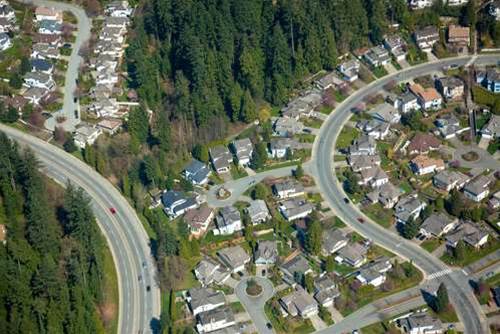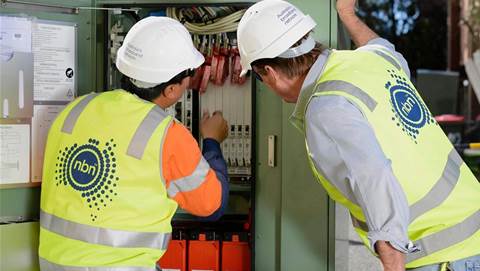The government is considering changes that would require new housing developments to have mobile connectivity in place before sales begin, just like any other utility service.

The proposed change to the telecommunications in new developments (TIND) policy would treat mobile infrastructure “in a similar way as other services – such as water and electricity – are currently considered,” communications minister Michelle Rowland said.
"In 2023, it's unacceptable that many Australians moving into new homes in greenfield suburbs don't have access to reliable mobile coverage,” Rowland said in a statement.
“Our current planning policies don’t reflect the reality that reliable mobile service is just as important as electricity and running water.”
From a telecommunications perspective, the policy currently focuses on ensuring residents have some form of broadband and “landline telephone” access.
“Whilst the current policy encourages developers to consider mobile connectivity as part of the development, the focus is largely on fixed infrastructure requirements that enable voice and broadband services,” the government said in a consultation paper [pdf].
The changes would place “expectations” on developers to “consider mobile connectivity as part of the overall development application process, with a similar level of importance as other utilities; engage with a carrier as early as possible to ensure mobile coverage is in place prior to the selling or leasing of a building unit; identify appropriate sites, or spaces, for mobile infrastructure to be deployed; and make all reasonable efforts to reach ‘fair terms’ in land access agreements.”
Agreeing location and land access could significantly simplify the job of telcos; these are often issues of community dispute that delay or derail their tower plans when they come into already-built areas.
“The Australian government expects developers to identify or set aside one or more sites or spaces that are appropriate for mobile telecommunications infrastructure, such as a tower, to be deployed,” it said.
The government’s expectations are that the site be 4G minimum and that multiple carriers are asked to deploy equipment on the same tower.
NBN backhaul
A second proposed change will allow NBN Co to spread the cost of laying backhaul to a new residential area across multiple developments, rather than the first developer having to pay the full cost.
“Currently, if NBN Co is servicing a growth area where multiple developments are planned, it is required by the policy to place the costs of new backhaul on the first developer,” the government said.
“This may lead it to lose business to competitors who are not required by the TIND policy to adopt this charging practice, and may also place an unfair cost burden on the first developer.”








 Forrester Technology & Innovation APAC 2023
Forrester Technology & Innovation APAC 2023


















